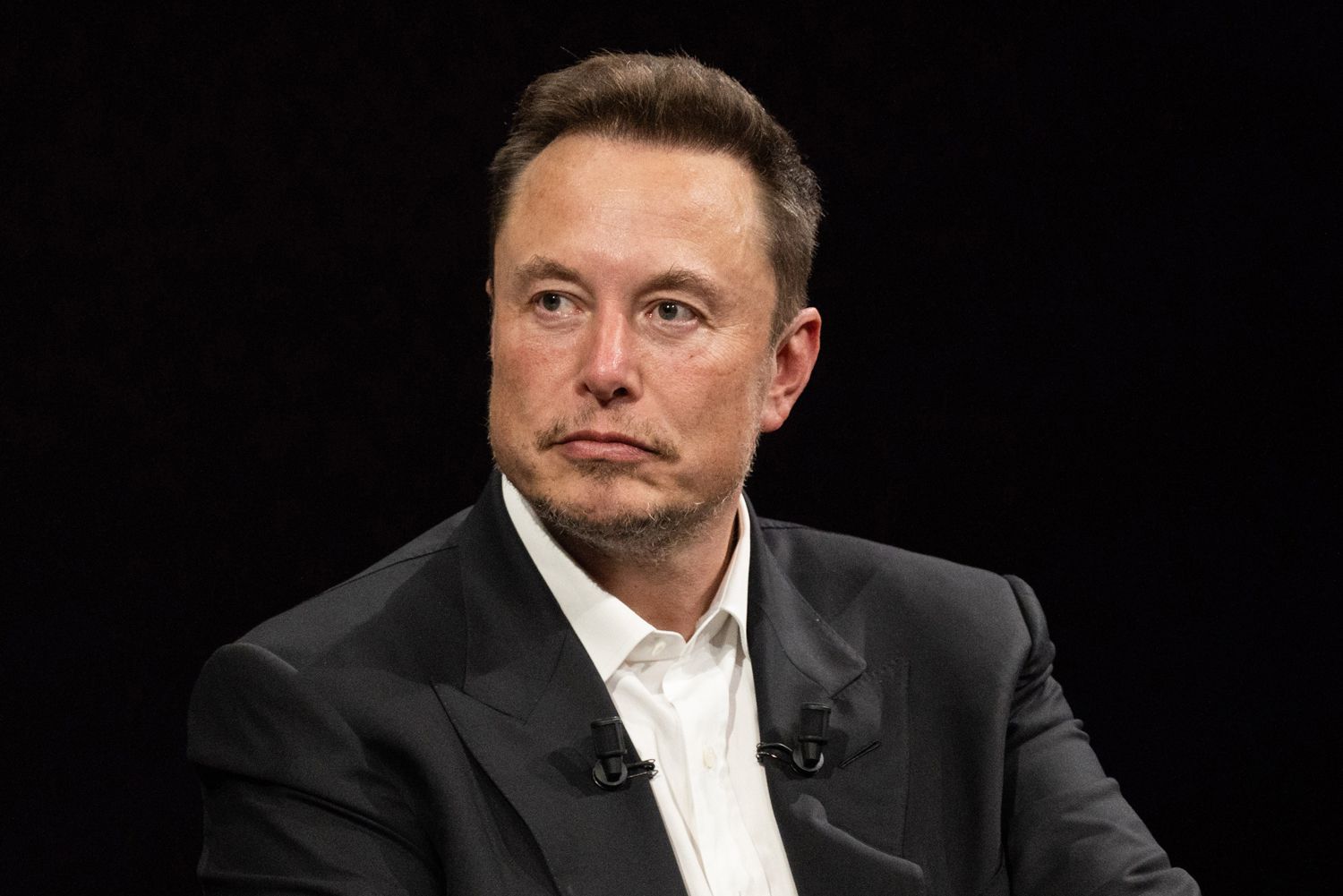Delaware Judge Voids Elon Musk's $56B Tesla Pay Package, Shares Drop
A Delaware judge voids Elon Musk's $56B Tesla pay package, raising questions about fairness and corporate governance.
Author:Habiba AshtonReviewer:Emmanuella SheaFeb 02, 20245.6K Shares83.4K Views

A Delaware judge voids Elon Musk's $56B Tesla pay package. This decision comes as a result of a lawsuit filed by shareholder Richard Tornetta, which alleged that Tesla's board of directors failed to demonstrate the fairness of the compensation plan and the extent of their negotiations with Musk. The repercussions of this ruling were immediately felt, with Tesla's share price plummeting by approximately 3% in after-hours trading.
The compensation package in question, granted to Musk in 2018, stands as the largest in the history of public corporations, propelling him to the position of the world's richest individual. This compensation plan offered Musk the opportunity to acquire 12 tranches of Tesla stock options, contingent upon specific milestones related to the company's market capitalization and revenue targets.
Delaware Chancery Court Judge Kathaleen McCormick's ruling questioned whether Musk had been excessively compensated, echoing the claims of the shareholder plaintiff who contended that Tesla's directors had breached their fiduciary duties.
The judge criticized the negotiation process, citing minimal evidence of genuine negotiations and a Compensation Committee that appeared to collaborate closely with Musk instead of acting independently.
While Elon Musk has not yet responded to the ruling, he did hint at the possibility of relocating Tesla's state incorporation to Texas in a social media post.
Greg Varallo, the attorney representing Richard Tornetta, expressed gratitude for the court's decision, emphasizing the benefits it would bring to Tesla investors by reducing the dilution resulting from Musk's enormous compensation package.
Musk's Dominance and the Flawed Compensation Process
Judge McCormick's decision was based on a fundamental finding that Elon Musk, rather than Tesla's board of directors and shareholders, exerted significant control over the company, particularly in matters related to setting his compensation.
The judge noted that Musk held multiple influential corporate positions, including CEO, Chair, and founder, and had strong connections with the directors responsible for negotiating on behalf of Tesla.
This level of control led to a flawed compensation negotiation process, with minimal evidence of genuine negotiations and a Compensation Committee that appeared to collaborate closely with Musk instead of acting independently.
In her ruling, Judge McCormick stated, "In addition to his 21.9% equity stake, Musk was the paradigmatic 'Superstar CEO'...and dominated the process that led to board approval of his compensation plan." This finding strongly supports the argument that Musk's influence played a pivotal role in determining his compensation.
Furthermore, the court found that Tesla and Musk's attorneys failed to prove that the stockholder vote was fully informed, highlighting inaccuracies in the proxy statement that described key directors as independent while omitting crucial details about the compensation negotiation process.
Implications for Musk and the Litigation System
Elon Musk's recent legal setback serves as a reminder that even individuals with immense power and influence can be held accountable by the legal system. While this ruling is expected to face an appeal, it could potentially impact Musk's personal fortune, potentially erasing over $51 billion in assets.
The case of Musk's compensation package dispute is the latest example of a prominent and assertive business leader facing legal action and accountability. This trend extends to other powerful figures in the United States, including former President Donald Trump, who was recently ordered to pay $86 million in damages in a defamation lawsuit, and Vince McMahon, who resigned as executive chairman following a lawsuit alleging sex-trafficking and abuse by one of his former employees.
Columbia Law professor Eric Talley emphasizes that regulating matters upfront can prevent issues from escalating to the extent seen in cases like the $56 billion compensation dispute.
The United States has a litigation-focused approach compared to many other developed countries, which often leads to significant legal battles in cases involving corporate governance and fairness.
These recent legal rulings send a clear message that the litigation system can be a formidable tool for holding powerful individuals accountable for their actions. It demonstrates that even figures as influential as Elon Musk are not immune to the consequences of their decisions and actions when challenged in a court of law.
Kathaleen McCormick, the head of the Court of Chancery in Delaware, has played a pivotal role in these legal battles, showing a commitment to upholding the rules and standards that apply to everyone, regardless of their stature.
Despite the enormous impact of her decisions, she receives no compensation remotely close to the fortunes at stake, highlighting the dedication of those within the legal profession to serve the interests of justice.

Habiba Ashton
Author
BCS Growth Fund (Israel) L.P., a private investment fund specializing in investments in technologically focused businesses with high growth potential, employs Habiba as an analyst. Mrs. Ashton served as an analyst and information manager at the Israel International Fund, the first Israeli venture capital fund designed specifically for Japanese corporate investors, prior to joining BCS. Habiba graduated with honors from Israel's College of Management with a B.A. in Business Administration.

Emmanuella Shea
Reviewer
Emmanuella Shea is a professional financial analyst with over 9 years of experience in the financial markets. Emmanuella is still concerned about the long-term stability of multimillion-dollar financial portfolios. She is skilled at persuading and manipulating high-ranking individuals in addition to her work as a Financial Analyst. Her decisions are trusted and respected, and her views are highly regarded. Her long-term ambition is to work as a policy advisor at the national level. She wants to use her unwavering dedication and drive to help developing-country people gain more dignity and autonomy.
Latest Articles
Popular Articles